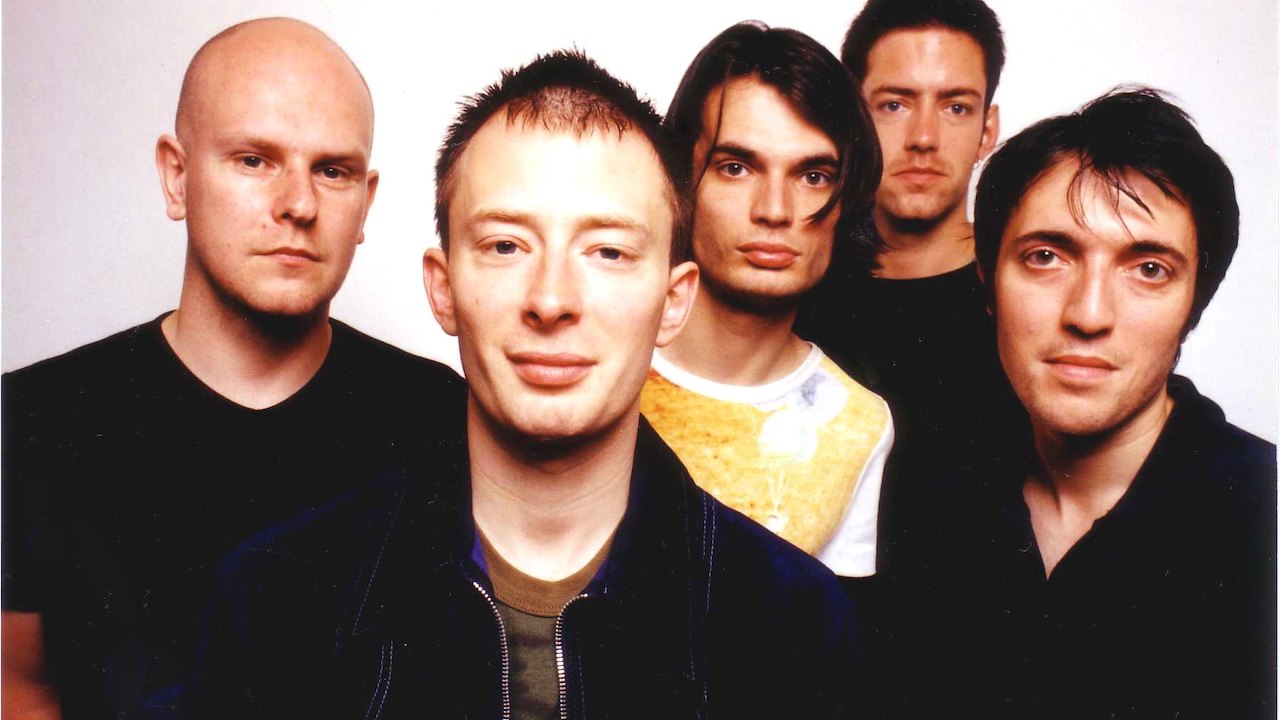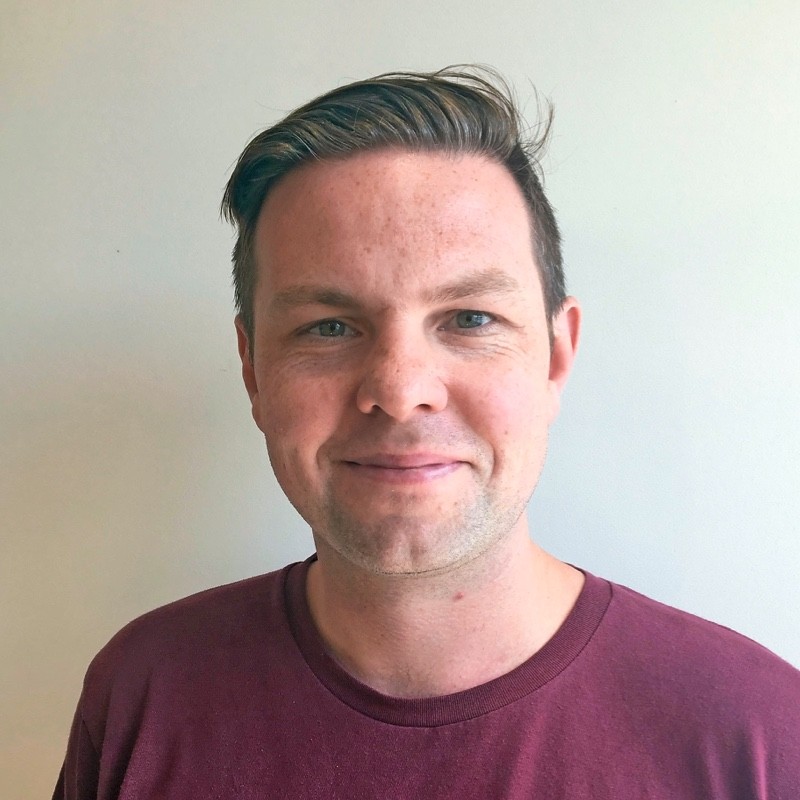“It was me and Thom in a room trying to do something that wasn't what we’d done before”: How Radiohead reinvented themselves, and rock music, with Kid A
Radiohead pushed their sound in bold new directions on 1999's Kid A album: here's why

Radiohead didn’t just reinvent themselves on 1999’s Kid A, they reinvented what rock music could be. The sessions for the band’s fourth album were arduous and slow as Thom Yorke and his bandmates worked out how to follow-up a masterpiece in OK Computer. Initial signs weren’t entirely promising, as the band revealed that there would be no singles released from the record, but almost 25 years later Kid A feels as important as any album in the band’s stellar catalogue, setting the group up for everything that came next.
Not long after revisiting the record for the mammoth Kid A Mnesia reissue in 2021, last year the band’s long-standing producer Nigel Godrich told The New Cue about his memories of making the original album.
“Kid A was taking everything that you’ve gained and worked for and throwing it in the air and looking at the pieces and going, ‘Okay, well, this is what we’re trying to do’ and starting again,” said Godrich. “It’s funny when you go back and look at stuff, especially when you’re looking at it from the perspective of looking for things that haven’t been released or extra material that might be interesting, everything is for a reason, you left it off for a reason, you go back and what I was surprised by was that all of the decisions that I made were absolutely right.”
Godrich went on to shed light on the day Radiohead made the album’s opening track, Everything In Its Right Place.
“It was just me and Thom in a room trying to do something that was not what we’d done before,” he said. “I remember him singing the vocal once, singing it a second time, looking in his notebook, saying, 'Ah, "yesterday I woke up sucking a lemon", I can’t say that', and me saying, Yes, you can, you’ve got to say that, let’s do that! And doing that take and it being like this magical thing, then going back to the tape and looking at what’s on the tape and there it is: the first take it’s got no lyrics, the second take it’s a repetition of “the two colours in my head” thing and then the third take it’s “yesterday I woke up sucking a lemon”.”
Having worked with the band for the majority of their career – his first official production with them was Talk Show Host, a B-side to the 1996 single Street Spirit (Fade Out) – Godrich acknowledged that it was a once in a lifetime partnership.
“You only really have formative relationships like that once,” he stated. “Thom will never find another me and I’ll never find another Thom because we’ve just worked for so long together. And that goes as well for the other guys in the band but in a different way, because obviously Thom and I have gone off, I’ve done something like 14 albums with Thom, whereas I’ve only done nine or something with the rest of them. There’s so many different permutations of how it works but the fundamental bottom line is it works. We just have this ability to just be very productive together and that’s a really precious and important thing.”
The latest news, features and interviews direct to your inbox, from the global home of alternative music.
Niall Doherty is a writer and editor whose work can be found in Classic Rock, The Guardian, Music Week, FourFourTwo, Champions Journal, on Apple Music and more. Formerly the Deputy Editor of Q magazine, he co-runs the music Substack letter The New Cue with fellow former Q colleague Ted Kessler. He is also Reviews Editor at Record Collector. Over the years, he's interviewed some of the world's biggest stars, including Elton John, Coldplay, Radiohead, Liam and Noel Gallagher, Florence + The Machine, Arctic Monkeys, Muse, Pearl Jam, Depeche Mode, Robert Plant and more.

